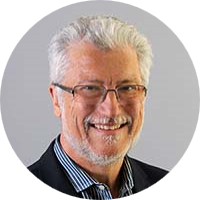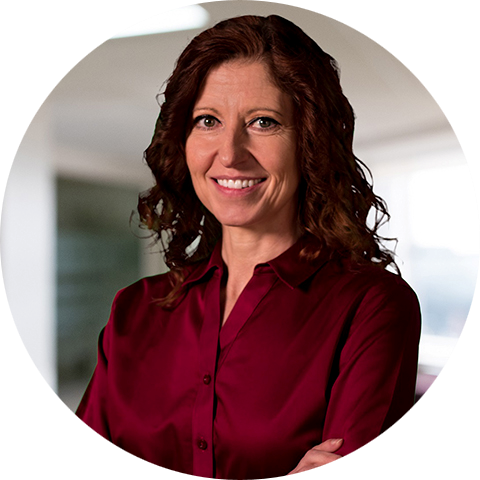2024 TechTalk Speakers

The Evolution of the Digital Twin in Semiconductor Design
Tuesday, June 25 | 11:15 am - 12:00 pm

Generative AI for Chip Design - Practical Experience and Where the Future Lies
Wednesday, June 26 | 11:15 am - 12:00 pm
Generative AI has dominated the news in the past year. As a leader in generative AI and in semiconductor development, Microsoft's silicon development team was one of the first to explore the potential advantages of generative AI for chip design. This talk will cover Microsoft's experiences with leveraging Gen AI technologies for EDA, where we've found the most success and where we believe solutions should come from our partners and suppliers. It will cover the advantages we see today, what we envision in the near future, and how the technology can help Microsoft and the semiconductor industry meet the coming challenges for chip development.
ABOUT: Senior technology executive with 25+ years of experience in building and nurturing global multidisciplinary engineering organizations. Primarily focused on product development strategy and transforming the portfolio for growth and scale with extensive experience in business strategy, program management, people leadership, including D&I, as well as high volume manufacturing of cutting edge products.
Resilient change leader passionate about driving an engineering culture of product and process innovations, a growth mindset that adapts to changing business needs and growing and developing the next generation of technical leaders:
- Transformed the team’s culture to build for scale. Re-strategized and re-structured for a new product development model, operationalized processes and structures, and embraced LEAN thinking.
- Directed investments in system-level innovations that launched new machine learning and advanced analytic-based models to improve yield detection and improvement and turn this funciton from detection to prevention.
- Leveraged manufacturing investments to adapt and grow the business in adjacent markets
- Recognized champion for moving a large organization towards a more inclusive and diverse workplace.